commentary Singapore
Commentary: As information warfare enters a new age, time for a Total Defence upgrade
With the establishment of a Parliamentary Select Committee to address the dangers and response to “deliberate online falsehoods”, Channel NewsAsia Digital News' Chief Editor Jaime Ho suggests a careful assessment of the real threats, and a re-look at what Total Defence means.
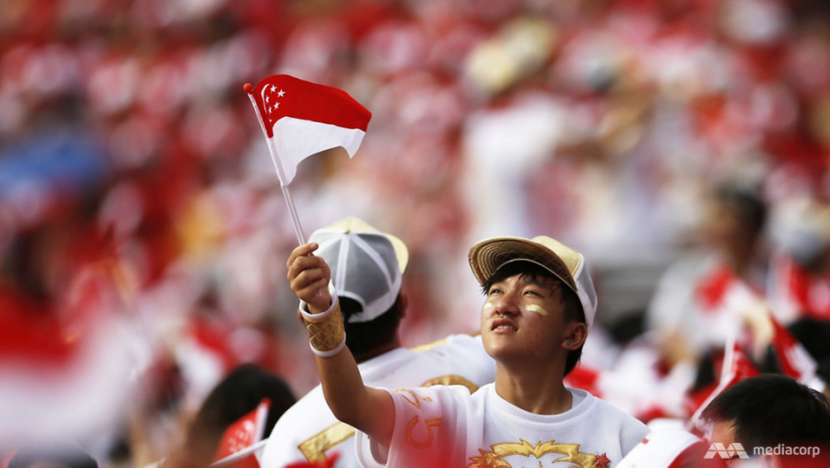
A young man lets the Singapore flag flap in the wind at the National Day Parade 2015 at the Padang on Aug 9, 2015. (Photo: TODAY/Raj Nadarajan)
SINGAPORE: On Wednesday (Jan 10), Parliament agreed to the Government’s proposal to appoint a Select Committee to study the problem of “deliberate online falsehoods” and to recommend responses.
Outlined in the Green Paper accompanying the Government’s recommendation were a slew of examples of how such online falsehoods have been spread, and the damage that they have done internationally.
Addressing deliberate attempts at destabilising societies and democracies is at its core defensive. Enemies are often invisible, and the threat of retaliation as a deterrent often pointless.
As societies fight what is best described as a disease (more popularly if not bluntly called “fake news”), attacking root causes is useful, but what is most needed is inoculation. And there is no better place to start than in the concept of Total Defence.
IT STARTS WITH DEFINITIONS
Before even starting to define a solution, it is imperative that the committee sets out as clearly as possible, the problem that it seeks to address.
The Green Paper provides two important starting points.
First, it is noteworthy that the Green Paper, as well as Minister for Law K Shanmugam in his motion speech and Minister for Communications and Information Yaacob Ibrahim in his remarks in Parliament, avoided the term “fake news” entirely.
For journalists, the term has never presented anything new. Lies have always been lies. But in its recent popularisation, particularly by US President Donald Trump, it has posed significant problems.
The term “fake news” simplifies and distracts, as well as conflates and complicates.
In common parlance today, “fake news” encompasses everything from disagreements with the media, to mistakes, rumour, unsubstantiated reporting, to sophisticated propaganda and information warfare.
The term has distracted from the biggest concerns for democracies, which must be the latter. And this is something that the spirit of the Green Paper seems to have taken some pains to highlight.
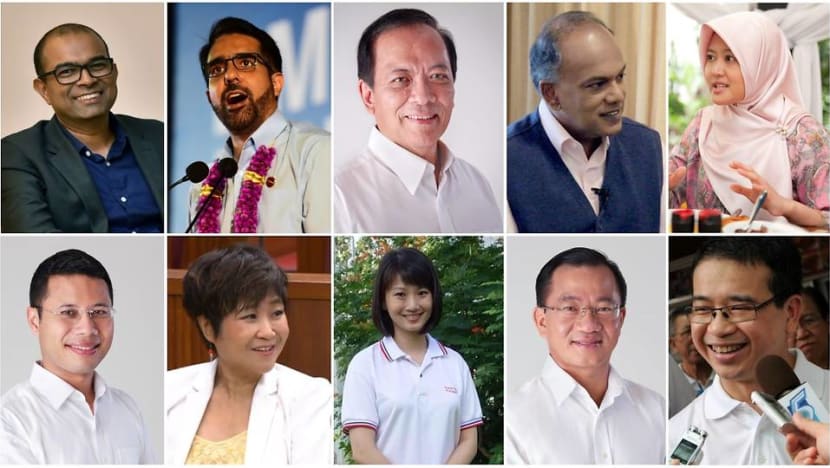
The clearer definitions can be, the greater the likelihood that the Government will be able to design new policies or legislation where necessary, or see how existing tools can be used. Left vague, fear and misunderstanding follow (e.g. concerns that free speech will be curtailed) and real threats go unaddressed.
“Deliberate online falsehoods” is therefore a better start than the nebulous if not more popular “fake news”.
Second, another good start is the focus that the Green Paper has given to these falsehoods as a “tool for foreign interference (emphasis added)”. In the examples that the paper provided, as experienced in the United States, France, Germany, Italy and Sweden, it was primarily foreign threats that were highlighted.
In his motion speech calling on Parliament to convene the committee, Minister Shanmugam also pointed to our unique attractiveness as a target through which foreign interests in the region and internationally can be advanced through meddling in Singapore’s domestic affairs.
The Select Committee would therefore also do well to sharpen its focus, and find the right balance in ensuring that the most significant threats are addressed.
As it stands, these would appear to be foreign, and that is a good starting point.
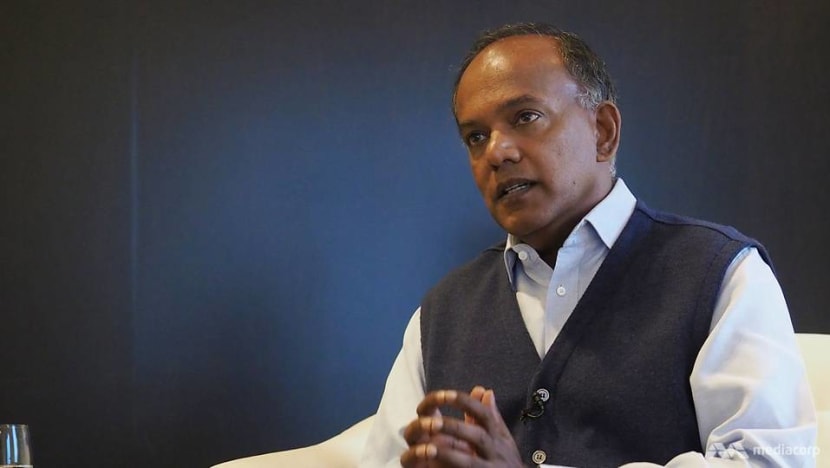
During the debate that followed Minister Shanmugam’s motion speech, Members of Parliament took turns to describe the various instances where “fake news” had been propagated in the past. Mr Seah Kian Peng pointed to the still-circulating photographs of “halal pork”, while Ms Sun Xueling raised the hoax in online photographs suggesting the collapse of the Punggol Waterway Terraces condominium.
Both were no doubt egregious instances of deliberate mischief, but there is no reason why such local acts cannot be dealt with in the same way that other acts of public nuisance – and especially those which threaten public security – have been approached before, i.e. through the Penal Code.
In summary, as it approaches “deliberate online falsehoods” the scale of which are outlined in the Green Paper, the committee will do well to focus on what the core issue should be: The foreign weaponisation of lies in information warfare.
TOTAL DEFENCE V.2
Thus defined, this is not by any stretch a new challenge. Information warfare has existed for as long as warfare itself. What is newer is the ease at which such warfare can be conducted through a highly networked population, and the extreme difficulty in dealing with a non-traditional and invisible “enemy”.
As recently as 2015, the Ministry of Defence had identified information as a tool of warfare as a growing threat.
In his speech at his Ministry’s Committee of Supply debate, Minister Ng Eng Hen referred to “hybrid warfare”, and how the SAF will have to raise capabilities to detect and counteract it in the cyber and information domains.
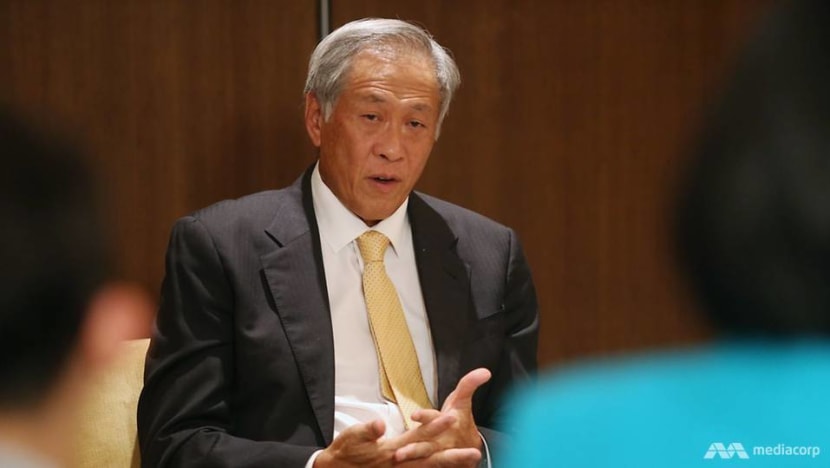
The role of the SAF and other agencies is a key part of Singapore’s armoury. But it is only one part. Indeed, Mr Ng importantly also recognised that “the concept of hybrid warfare is as old as war itself. This is why we launched Total Defence in 1984.”
Speaking to explain its launch that year, then Minister for Defence Goh Chok Tong outlined the evolving needs of a young nation and the concomitant defence imperatives that the country faced: From military and civil defence, to economic defence, social defence to defend the country’s multiracial space, and finally to an undergirding psychological defence, to ensure that Singaporeans are “willing to stand up for themselves”.
I would argue that focus on a new area of defence is needed, to ensure that Singaporeans are not just able to stand up for themselves, but also think for themselves, in what could be called a cognitive defence.
Such a defence at its core is deeply personal, and involves two key dimensions: First, growing and maintaining a deep-seated awareness of current affairs and the world around us, and especially what’s driving international conflicts.
Second, being educated about these issues, in ensuring that we understand the nuances and trade-offs, their domestic relevance, and understanding that one should only come to a judgement with all the necessary and credible information available.
One of the examples of “foreign interference” raised in the Green Paper was not strictly related to falsehoods, but leaks – involving the so-called “Macron Leaks”, where in the lead-up to the French presidential election, a massive leak of data related to the Macron campaign was orchestrated, ostensibly to tilt the vote in favour of his opponent, the far-right leader Marine Le Pen.
By all accounts, the effort had little impact on the eventual vote. There have been several reasons purported as to why this was so, e.g. it came too late, or it circulated primarily on English social media accounts following “alt-right” topics.
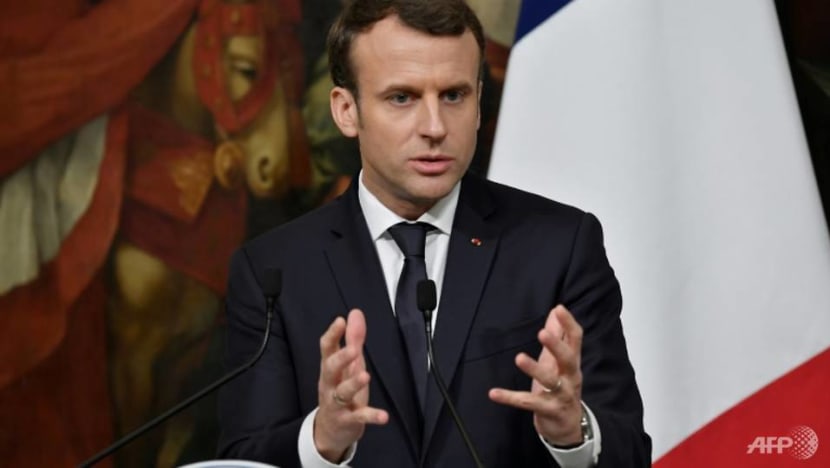
But more interestingly, in other analyses offered in the New York Times, Johan Hufnagel, managing editor of the French daily Libération suggested a few other possibilities.
First, the absence of a “broadcaster with a wide audience and personalities who build this up and try to use it for their own agendas.” In other words, there was no FOX News in France, and no tradition of a partisan tabloid media.
Second, he said that French voters, with the experiences of the US presidential vote and Brexit in the United Kingdom “didn’t want to get into that game.”
“They were mentally prepared after Trump and Brexit and the Russians, even if it’s not clear they’re behind it,” he said.
This, therefore, is more than just about media literacy. It is about mental preparation and fortitude.
On the part of the committee, it may therefore be useful for it to look into how this can be cultivated, potentially as a sixth pillar to Total Defence.
More importantly, however, Singaporeans will themselves have to step up, and build up their own “cognitive defences”, in the face of the relentless barrage of information – both truthful and otherwise.
Much like the narrative that has been developed on terrorism, the day when a concerted effort at foreign influence via online falsehoods takes place is a matter of when, and not if.
Similarly, as and when it does happen, protection in government policy and legislation will help, but what will be most important is how each one of us makes careful assessments, keeps calms, and carries on.














